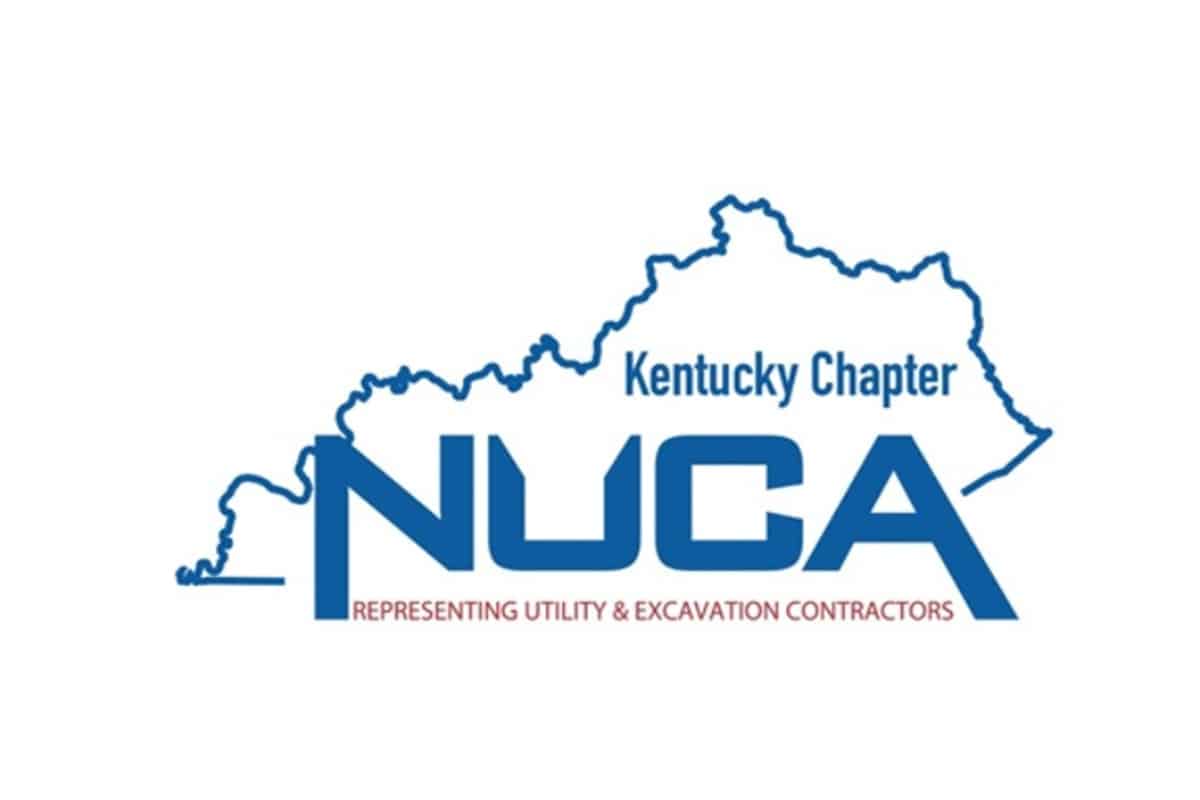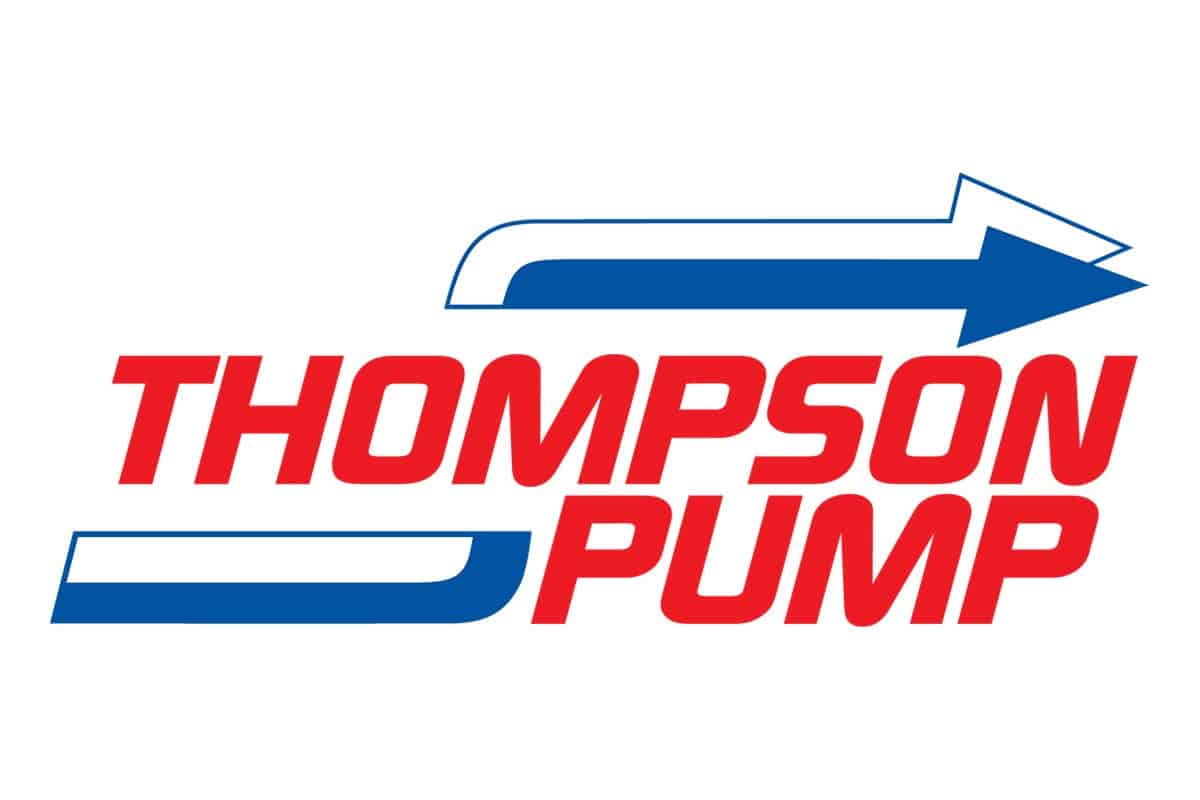Clear Skies?
“Turbulence is inevitable, but misery is optional,”
said Howard Putnam, the former CEO of Southwest Airlines and guest speaker at the NUCA Convention 2013. Putnam addressed the crowd on Feb. 12, and offered up ways he helped the struggling company turn into one of the Top 3 airlines in the country.
His message was one of hope and sound business decisions and one that could easily be applied to the utility construction and excavation industry. Over the past five years, the market has been challenged with a weak economy, rising unemployment and a serious lack of funding. But despite turbulent times, contractors are optimistic about what’s to come and eager to depart from the turmoil the recession brought on.
At the convention, Utility Contractor had the opportunity to speak with industry professionals who’ve weathered the storm and gather their thoughts on the industry, as well as what issues should be addressed going forward in 2013. Read on for what they had to say, and for more convention coverage, check out page 34.
Pam Kleineke is Associate Editor of Utility Contractor.
Q: What are you general thoughts/feelings about the industry in 2013?
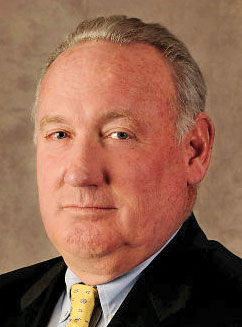 Dacey: Although we’re not expecting growth, I think our industry has found a way to survive when other construction niches seem to fall off. The sewer and water industries are always trudging along and we always seem to have work even if it gets cheaper or more competitive. Work has picked up a little bit, but the pricing is still down. Three years ago, we were bidding jobs and adding 10 percent and now we’re cutting 10 percent just to get the job. Our bidding module has changed somewhat over the years. We’ve survived and now we’re just trying to stay lean and mean.
Dacey: Although we’re not expecting growth, I think our industry has found a way to survive when other construction niches seem to fall off. The sewer and water industries are always trudging along and we always seem to have work even if it gets cheaper or more competitive. Work has picked up a little bit, but the pricing is still down. Three years ago, we were bidding jobs and adding 10 percent and now we’re cutting 10 percent just to get the job. Our bidding module has changed somewhat over the years. We’ve survived and now we’re just trying to stay lean and mean.
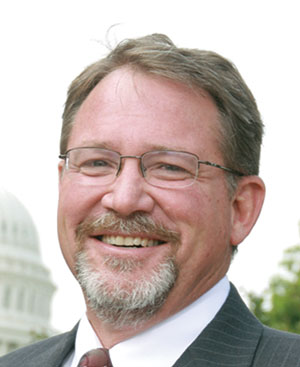
East: There’s not the volume of work we had before, but we’re staying busy and picking up more jobs. There’s work coming out to bid and its location-based, if you will. Colorado and the western United States are starting to pick up. There’s more work down here in Phoenix that we’re looking at. It’s cyclic. We’re in a slow period right now, but in the next six to eight weeks I see more work coming out to bid. I’m enthusiastic about it and there’s work out there to bid and jobs to get. You just need to be competitive about it and really think about it. If you’re a localized contractor, it may be more difficult. With Garney, we cover the Midwest, West, Southwest, so there’s plenty of work out there and we’re getting our share.
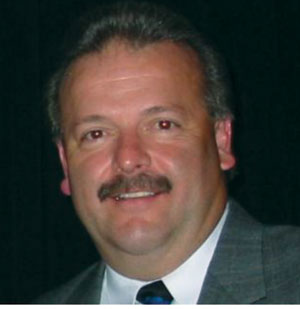 LaFleur: My feelings are mixed regarding the industry in 2013. First, nationally, I believe there is a feeling of optimism and as long as Congress can resolve our financial issues we could be on the way to a faster recovery. Unfortunately for us in the Northeast, I see a slower pace and a dragging economy, especially in Rhode Island as we see nearly 11 percent unemployment with 25 percent unemployment in construction. Seasonal layoffs play a part in that number; however, the rate going into 2013 before the seasonal layoffs was about 21 percent.
LaFleur: My feelings are mixed regarding the industry in 2013. First, nationally, I believe there is a feeling of optimism and as long as Congress can resolve our financial issues we could be on the way to a faster recovery. Unfortunately for us in the Northeast, I see a slower pace and a dragging economy, especially in Rhode Island as we see nearly 11 percent unemployment with 25 percent unemployment in construction. Seasonal layoffs play a part in that number; however, the rate going into 2013 before the seasonal layoffs was about 21 percent.
Austell:
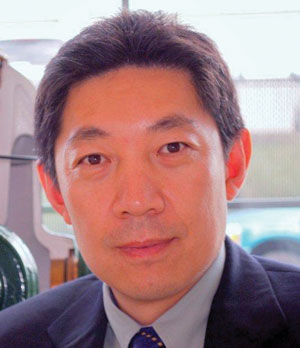 Liang: As an industry, we’re definitely learning to do more with less. Whether you’ve needed to trim excess force or get rid of a couple machines to generate some cash, it’s been a good lesson. It has forced everyone to really look at what they’re doing and do more with less. We’re also continuing to stress that what we do is important. I had the opportunity to speak with engineering students at the University of Maryland and explain to them why civil engineering is so important. Normal stuff such as running water and working sewers are easy to take for granted, but without them you don’t have a civilization.
Liang: As an industry, we’re definitely learning to do more with less. Whether you’ve needed to trim excess force or get rid of a couple machines to generate some cash, it’s been a good lesson. It has forced everyone to really look at what they’re doing and do more with less. We’re also continuing to stress that what we do is important. I had the opportunity to speak with engineering students at the University of Maryland and explain to them why civil engineering is so important. Normal stuff such as running water and working sewers are easy to take for granted, but without them you don’t have a civilization.
Q: Are there any issues you feel the industry needs to address this year?
East: Reinvesting in America is good for America. We need to get our Congressional leaders to understand that our infrastructure is what made our country great and if we don’t keep putting money back into it, we’re not going to be any better than a Third World country. Our water and sewer systems are falling apart. Our roads and bridges are falling apart. However, we’re not reinvesting back into America. We’re not putting our money where it needs to be. And all the other factors that come into play — such as tax issues and healthcare — it’s still going to stymie growth. I don’t think our leaders totally understand what will get this economy going. We’ve said it for years and years, putting back into our infrastructure will get people working.
LaFleur: Personally speaking, I believe the Private Activity Bonds (PABs) exemption issue needs to be addressed ASAP. NUCA and its members definitely need to contact legislators and push for PABs and changes in the exemptions this year more than ever. We were so close last year, and I believe this year is the time.
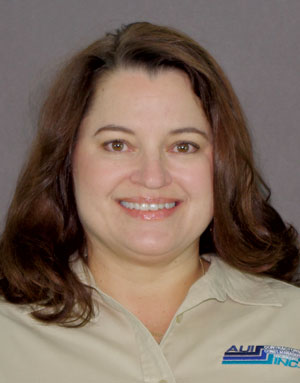 Biernacki: While I do believe there’s good reason for certain policies, I think we face a lot of overregulation in the industry. Whether it’s local environmental agencies, state regulators or the EPA, I struggle with some of the extreme mandates that make it more challenging for us to do the work we’re trying to accomplish. It’s like we’re being penalized every time we ‘disturb the soil’ to put infrastructure in the ground in order to have clean drinking water or to treat sewage properly. For example, the EPA’s Storm Water Pollution Prevention Program (SWPPP), which I think is important, has caused the pendulum to swing way too far in the other direction. When they inspect you, it’s the paperwork that results in the assessment of penalties, such as not having a signature dated in the SWPPP. They need to be looking in the field and at what we’re doing to keep our waterways clean. Sometimes good policies get put into place, but common sense is lacking when it comes to enforcement and it just makes it more burdensome on the contractor.
Biernacki: While I do believe there’s good reason for certain policies, I think we face a lot of overregulation in the industry. Whether it’s local environmental agencies, state regulators or the EPA, I struggle with some of the extreme mandates that make it more challenging for us to do the work we’re trying to accomplish. It’s like we’re being penalized every time we ‘disturb the soil’ to put infrastructure in the ground in order to have clean drinking water or to treat sewage properly. For example, the EPA’s Storm Water Pollution Prevention Program (SWPPP), which I think is important, has caused the pendulum to swing way too far in the other direction. When they inspect you, it’s the paperwork that results in the assessment of penalties, such as not having a signature dated in the SWPPP. They need to be looking in the field and at what we’re doing to keep our waterways clean. Sometimes good policies get put into place, but common sense is lacking when it comes to enforcement and it just makes it more burdensome on the contractor.
Austell: Larger scope projects are affording opportunities to general contractors (GCs) who are available to engage in joint ventures, combining resources with other contractors, engineers and construction managers (CMs), and sharing in the risks associated with the higher dollar value contracts. A downside to the alternate procurements is as utility contractors, we often find ourselves having to bid our work to a GC or CM that has limited experience in underground construction, thereby causing an adversarial relationship brought on by the guaranteed maximum price (GMP), often developed with building contractors performing initial estimates. Government owners like that they have been removed from some risks of direct contracting, but total costs are often inflated to cover anticipated risks that may or may not be realized. Does this provide a lower overall cost to taxpayers? It may, if owners reduce their staffing accordingly to provide a cost benefit. We as an industry need to stay engaged with our governments — both local and national — and provide our opinions or experiences with regard to the various revisions to procurement regulation changes.
Dacey: Everything we do needs to revolve around One Call and damage control. When we bid these jobs, we don’t have any contingencies built in for losing half a day after hitting an unmarked gas main. We need to make sure our crews are safe and go home to their families every night.
Q: What do you find the most valuable about the convention?
Dacey: The peace of mind that everyone has the same issues. Sometimes when you’re at home and doing what you do, you begin to feel like you’re all by yourself. It’s easy to ask ‘Why me?’ Then you come here, listen to others and get a sense of relief that’s like, ‘Relax, it’s happening everywhere.’ From D.C. to Washington State, we all have the same issues and you find comfort in sharing your war stories and knowing that you’re not in it alone.
Liang: I really enjoy seeing familiar faces; it’s like a big family. We’re very open so if it’s your first time, speak up and ask questions. The conference is really the place to share and gather a lot of valuable information.
Biernacki: The whole professional experience is great thanks to the workshops and meetings geared toward the higher levels of management. It’s amazing what I got for the price and it’s hard to believe people had the same opportunity and chose not to take advantage. The quality of the speakers and the information that’s shared is
all very good.


